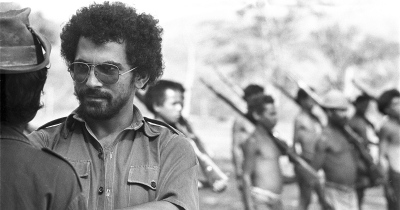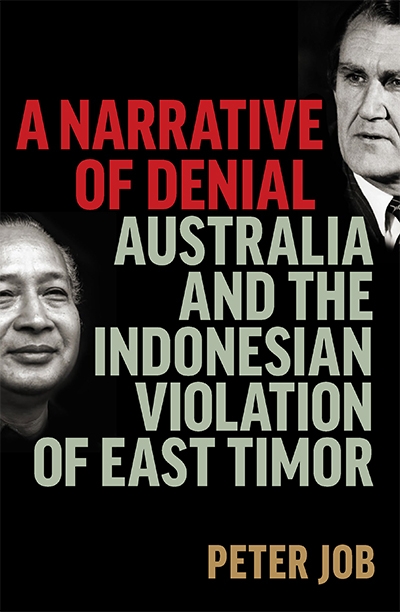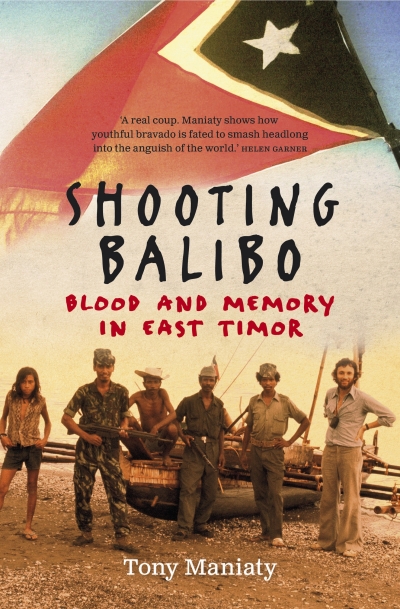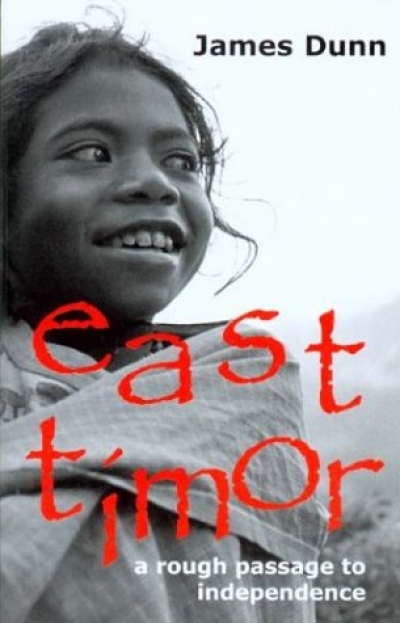East Timor
This week on The ABR Podcast we reflect on the occupation and liberation of East Timor twenty-five years on from that extraordinary rupture. Clinton Fernandes draws on secret records released last month showing attempts by the Department of Foreign Affairs and Trade (DFAT) to change the Australian War Memorial’s history of East Timor. Clinton Fernandes is Professor of International and Political Studies at the University of New South Wales. Listen to Clinton Fernandes’s ‘History without vexed issues: Liquidating our memories of East Timor’, published in the October issue of ABR.
... (read more)Twenty-five years ago, an international peacekeeping force entered East Timor, delivered it from Indonesian occupation, and placed it under United Nations administration. Known as the International Force East Timor (InterFET), it had 11,000 troops from twenty-three countries and was commanded by an Australian major general. Everything about these events seemed miraculous. East Timor’s independence had long been regarded as impossible; a top adviser to President Franklin D. Roosevelt observed during World War II that it might eventually achieve self-government, but ‘it would certainly take a thousand years’. Indonesia invaded East Timor in 1975 while the latter was in the process of decolonising from Portugal, annexed it the following year, and declared its rule ‘irreversible’.
... (read more)In an age of disinformation, whistleblowers such as Julian Assange and Edward Snowden have been accorded the status of folk heroes. And yet, as their respective cases show, no other act of public service is harried as ruthlessly and vindictively by governments whose secrets have been aired. In this episode of The ABR Podcast, listen to Kieran Pender read his cover feature for the April issue, in which he argues for stronger whistleblower protections by examining the case of Bernard Collaery.
... (read more)









